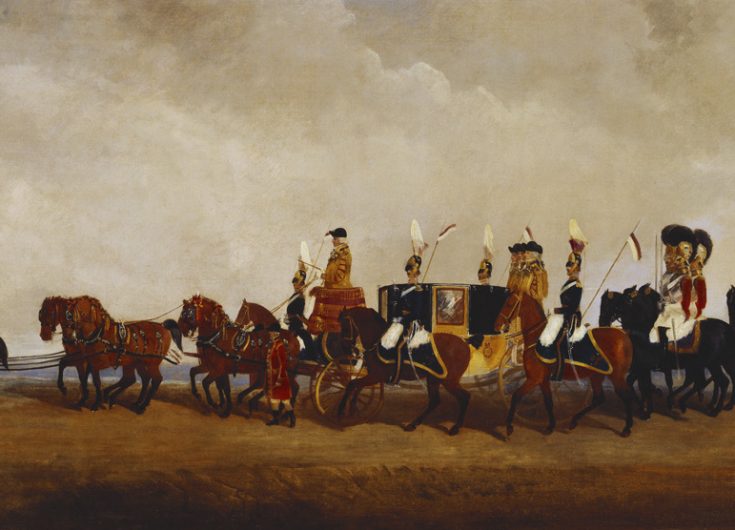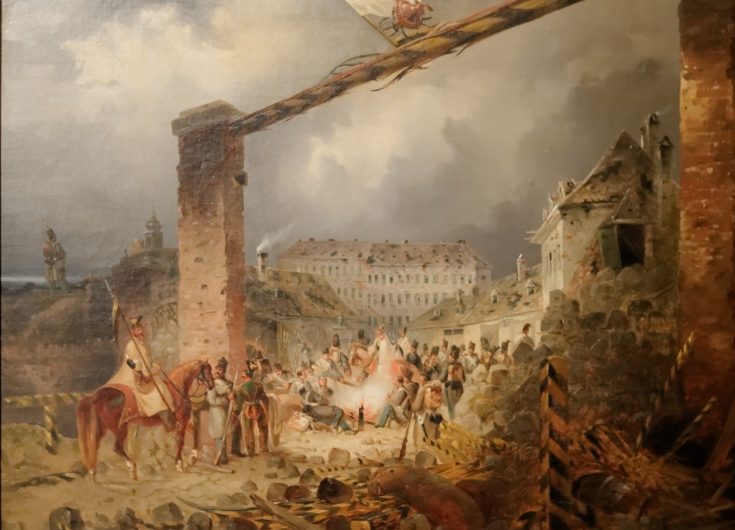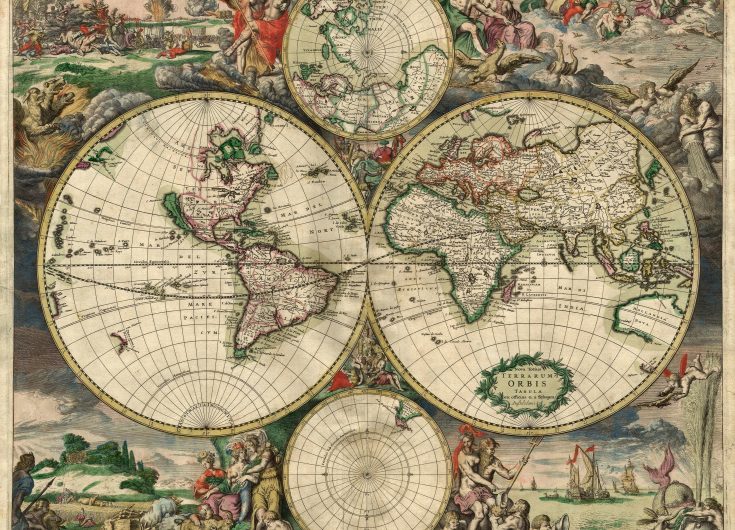David Tucker on the Classic Dimensions of Strategy and Intelligence
David Tucker (Ashbrook Center, Ashland University) has published a book, The End of Intelligence: Espionage and State Power in the Information Age, in the Stanford Security Series (Stanford University Press). To a first order, the book examines – and finds wanting – claims that the recent information revolution has weakened the state, revolutionized warfare, or changed the balance of power between states and non-state actors. It can be read at several different levels: as a primer, or refresher, on the various dimensions of intelligence (e.g., collection, analysis, espionage, counterintelligence, and covert action); as high-level exploration of the relationship among philosophies of government and human nature, historical eras, and various approaches to the means and ends of intelligence; and for its considered judgment of the possibilities, and particularly the limitations, of intelligence.








